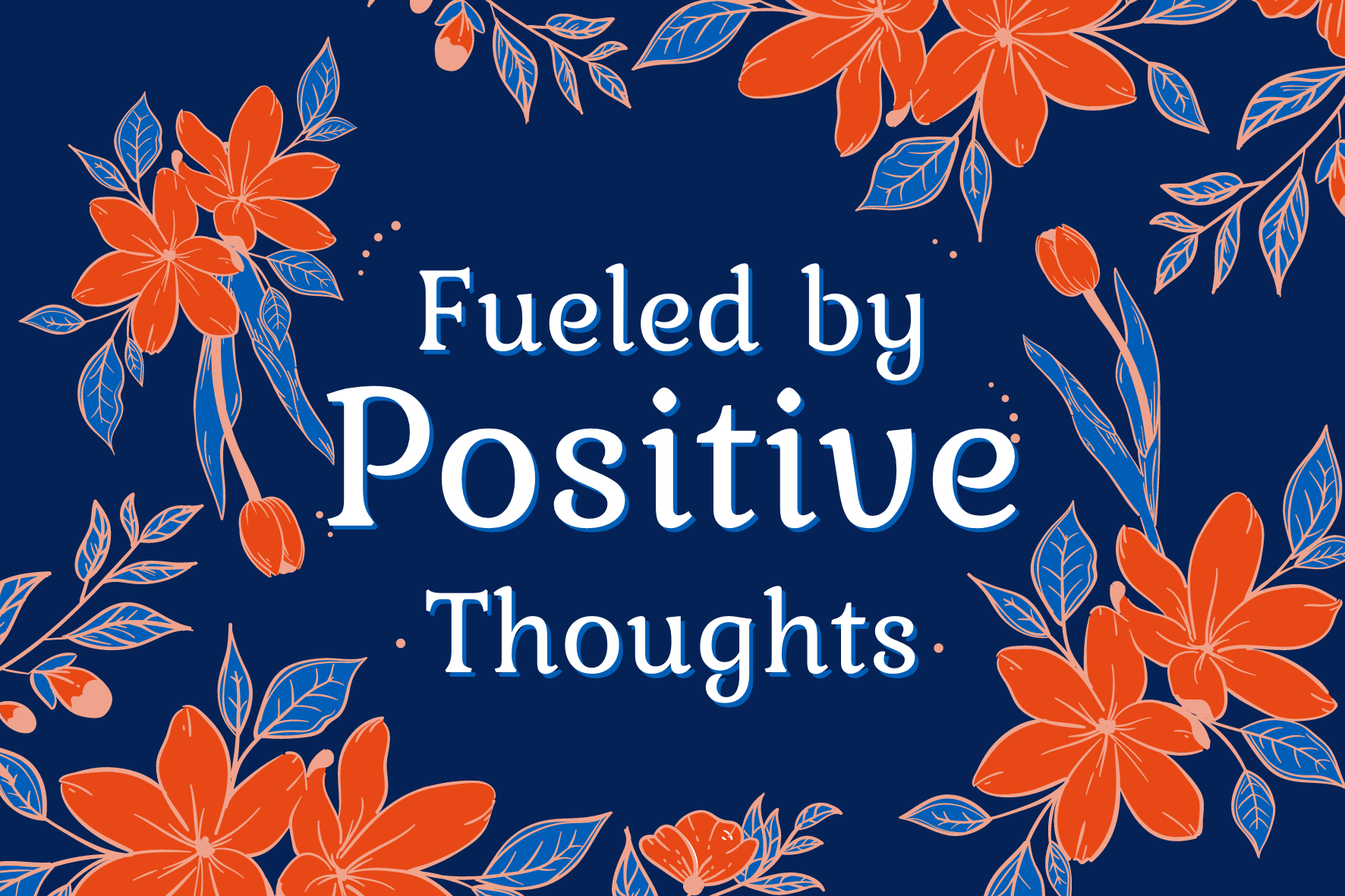
Recently, on my commute from work, I listened to a powerful recorded conversation between a business entrepreneur and Dr. Tara Swart a Neuroscientist and MD. The conversation centered around neuroplasticity, our ability as humans to form new thought pathways in our brains; meaning we can literally change the way we think about the circumstances that happen to us, for better or worse. [1,4]
With all the change that has happened over the past year, I have been amazed at how we all have adapted our thinking to our new way of life! Personally, when I now watch any film made before 2020 that shows large groups of people without masks, I flinch inwardly. At Fowler we have drastically changed our daily life to adapt to the recommended best practices to mitigate risk. We rigorously adhere to the Love Your Neighbor Basics and vigilantly remind our neighbors to wear their masks. We have already created new pathways of thought in our approach to the pandemic.
For better or worse, our thought pathways have altered during the pandemic. However, I do think it is empowering that we all have the capacity to change the way we think! We have the power to reframe our thoughts for the better when faced with circumstances that often feel out of our control.
I want to encourage everyone, especially myself, to approach circumstances with a positively framed thought instead of a negative one. I know this sounds weird, but it is effective. Just ask the leadership at Fowler who actively practices this self-awareness daily! This is how it works:
A circumstance happens and triggers a thought; that thought then causes feelings to arise and we often act on those feelings. And as we all know, all our actions have consequences (positive or negative). [2]
So, a circumstance during the pandemic might elicit a thought like this, “This happened, so now I am afraid, I don’t know what will happen next.” Through practice, we try to be mindful of the thoughts that we experience. During the pandemic we continue to acknowledge our fears, but we strive to positively reframe those fears and say, “Yes, this happened, so I will continue to follow all recommendations we know work, and I will continue to do my best to take care of myself.”
Can you see the difference between the thoughts and the actions that these thoughts naturally lead to? The fear-based thought elicits feelings such as being overwhelmed, which often leads us to confusion and results in us not knowing what to do to take care of ourselves. The positively framed thought elicits feelings of determination and confidence which leads us to act in effective ways that benefits our physical, mental, and emotional wellbeing.
By thinking positive thoughts, we build our resilience, our ability to recover quickly from difficult circumstances. Positive thoughts continue to empower us not to just survive, but thrive in this time of uncertainty. [3]
- Jenna Kutcher. (2020, January 11). Does manifesting work?. [Podcast]. Goal Digger Podcast. https://jennakutcherblog.com/tara/
- Sampson, Bridget. (2019, July 6). Coach yourself to success. Sampson Coaching & Consulting. https://sampsoncoachingandconsulting.com/coach-yourself-to-success/
- (2020, March 24). How to think (better!) with Dr. Tara Swart [Video]. YouTube. https://www.youtube.com/watch?v=HDdO4rhBWIg
- Swart, Tara. (2017). Study into the mental resilience of journalists. taraswart.com. https://www.taraswart.com/mental-resilience-of-journalists/
Author: Sarah Floyd, LMSW, Manager of Jackson Living Center
